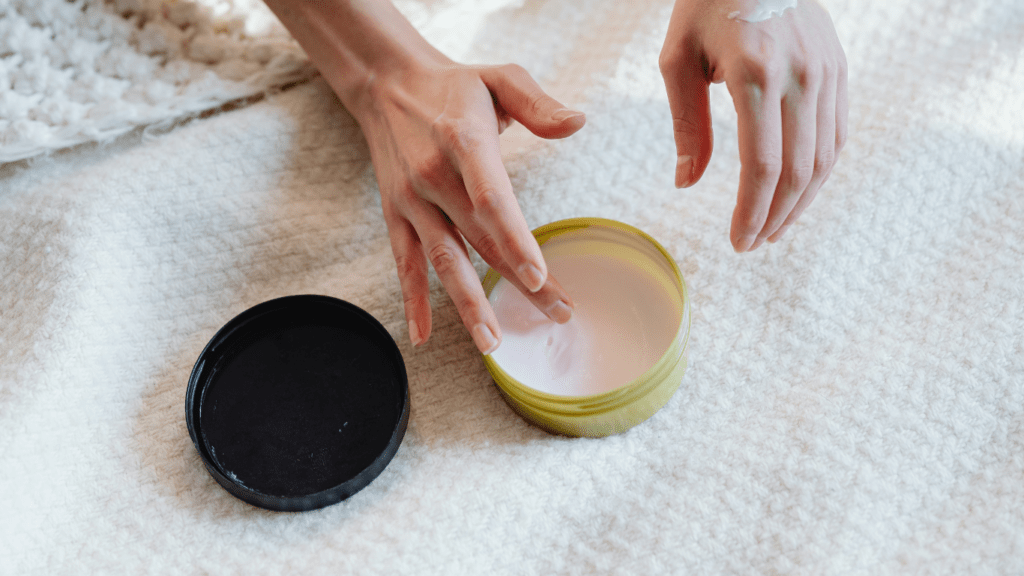Understanding Tattoo Aftercare
Proper aftercare ensures a new tattoo heals well and remains vibrant. Here’s what to know about maintaining your fresh ink.
The Importance of Proper Aftercare
Aftercare prevents infection and guarantees the design’s longevity. By keeping the tattoo clean and moisturized, it avoids scabbing, which can lead to color loss. Follow expert recommendations for optimal results, reducing the likelihood of complications.
Initial Steps After Getting Your Tattoo
- Leave the Studio: Keep the bandage on for the artist-recommended period, usually 2-4 hours.
- Clean the Area: Wash gently with lukewarm water and mild, fragrance-free soap. Avoid scrubbing to prevent irritation.
- Dry Carefully: Pat the tattoo dry with a clean, soft towel. Don’t rub, as this can damage the skin.
- Apply Ointment: Use a thin layer of tattoo-specific ointment or recommended moisturizer. Avoid heavy or petroleum-based products.
Daily Care Routine

Proper tattoo aftercare keeps your new ink vibrant and helps it heal faster.
Cleaning Your Tattoo
Clean your tattoo gently twice a day. Use lukewarm water and mild, fragrance-free soap. Avoid scrubbing; instead, use your fingertips to cleanse the area. Rinse thoroughly, ensuring no soap residue remains, and pat dry with a clean paper towel to prevent irritation.
Moisturizing Your Tattoo
Apply a thin layer of tattoo-specific ointment after cleaning. Choose fragrance-free, alcohol-free products to avoid irritation. Use just enough to keep the area moist. Reapply as needed throughout the day if the tattoo feels dry, following the artist’s recommendations.
What to Avoid During Healing
Avoid direct sunlight, as UV rays can damage the tattoo. Refrain from swimming in pools, lakes, or the ocean to prevent infections. Do not pick or scratch the tattoo, even if it itches. Also, stay away from tight clothing that may rub against the fresh ink.
Long-Term Tattoo Maintenance
Maintaining a tattoo long-term ensures its vibrancy and integrity. Follow these guidelines to keep your ink looking fresh and defined.
Protecting the Tattoo from the Sun
Exposure to the sun fades tattoos and can cause damage. To protect your tattoo, use sunscreen with at least SPF 30. Apply sunscreen every two hours when outdoors.
Wear protective clothing to shield your tattoo from UV rays. Avoid prolonged sun exposure, especially during peak hours between 10 AM and 4 PM.
Keeping the Tattoo Hydrated
Proper hydration keeps your tattoo looking its best. Moisturize daily using fragrance-free lotions. Look for products containing ingredients like shea butter or cocoa butter.
Avoid products with alcohol, as they can dry out the skin. Drink plenty of water to keep your skin and tattoo hydrated from within. Dry skin leads to itching and irritation, which can affect the tattoo’s appearance.
Identifying and Handling Issues
Issues can arise even with the best aftercare. Knowing what to look for can save your tattoo and health.
Signs of Infection
Redness or swelling usually subsides after a few days. If it persists, infection could be present. Look for the following signs:
- Increased Redness or Swelling: Redness extending beyond the tattoo’s boundary or increasing over time.
- Severe Pain: Increasing pain that doesn’t decrease with basic pain relievers or time.
- Pus or Discharge: Any green or yellow fluid seeping from the tattoo.
- Fever: A body temperature above 100.4°F (38°C) alongside other symptoms.
- Abnormal Odor: Foul smell from the tattoo area.
When to See a Doctor
Medical intervention may be necessary to avoid complications. You should see a doctor if:
- Persistent Symptoms: Infection signs like those listed earlier don’t improve after 48 hours.
- Spreading Redness: Red streaks spreading from the tattoo could indicate serious infection.
- Blisters or Bumps: Unusual blisters or raised areas appear around or on the tattoo.
- Allergic Reactions: Severe itching, rash, or hives develop that don’t subside with over-the-counter treatments.
- Systemic Symptoms: Experience nausea, extreme fatigue, or a general feeling of being unwell.
For accurate diagnosis and treatment, a healthcare professional’s advice is essential.


